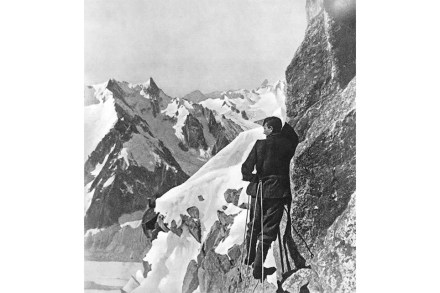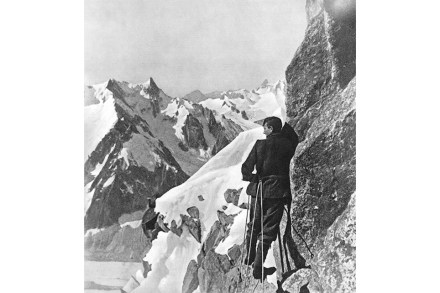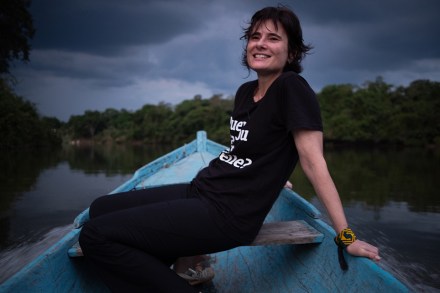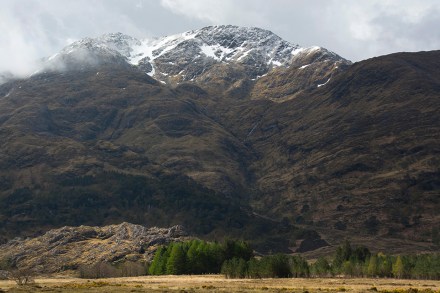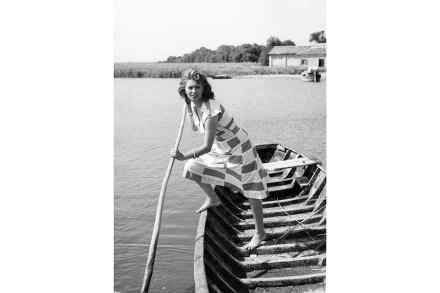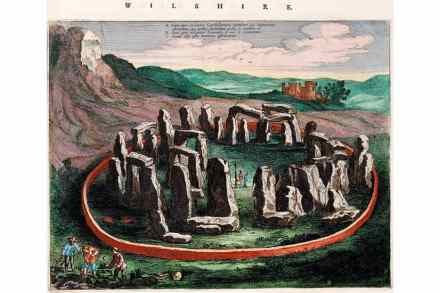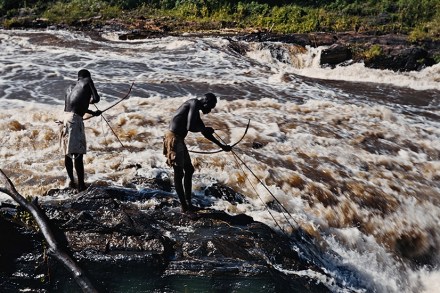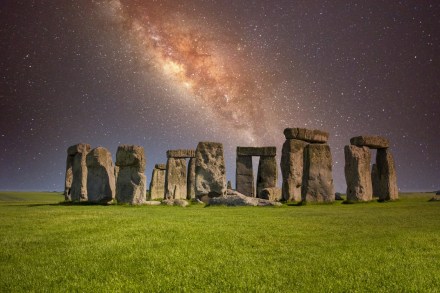Why won’t young people pick up the phone?
‘So you mean rather than writing something out, you could just talk to somebody from a distance? But that would be so cool. And so much quicker. And so much more real.’ ‘Exactly!’ There was a distant time when phone calls were in themselves seen as the cowardly opt-out way of communicating rather than just






